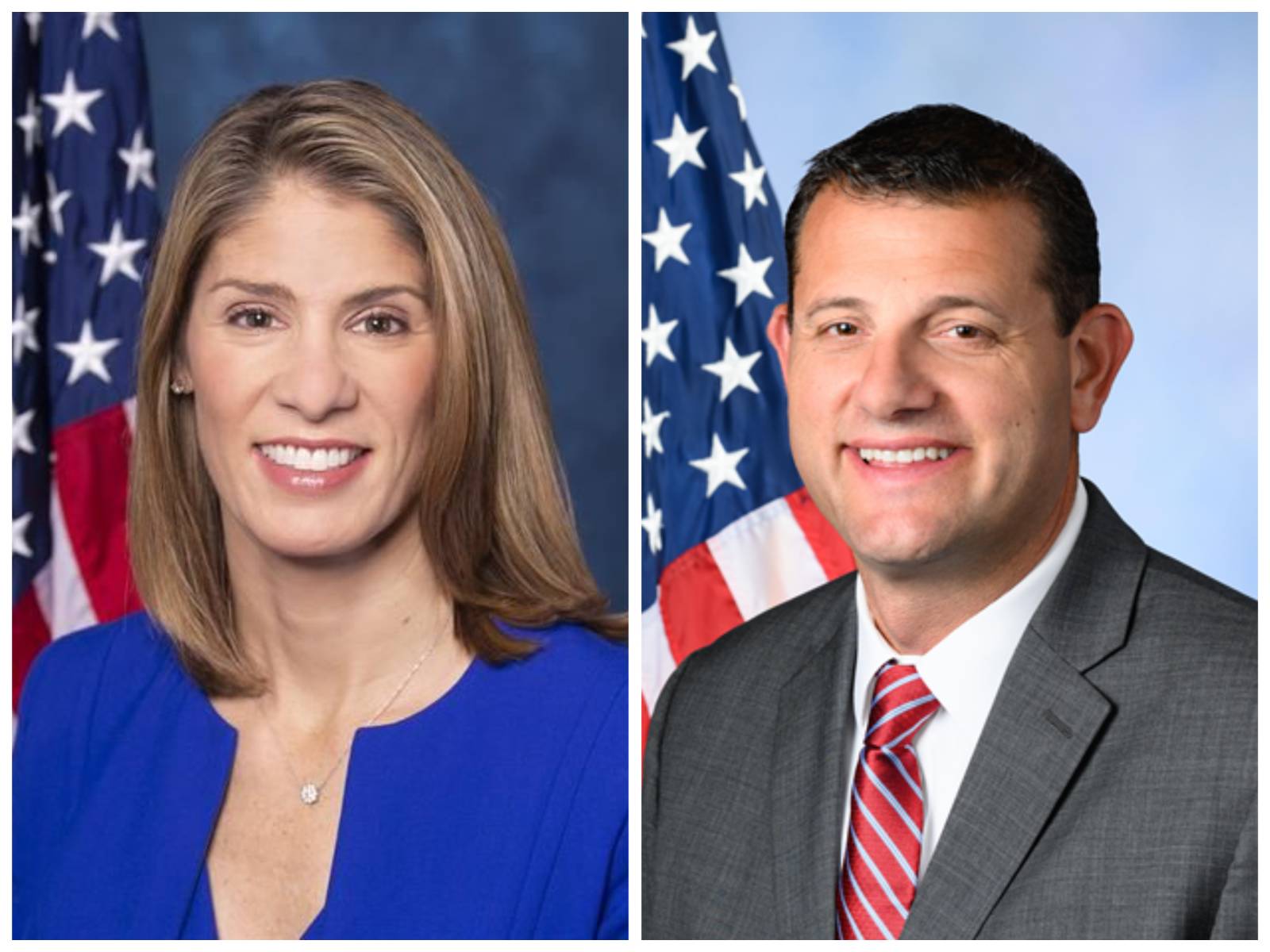Lawmakers introduce bill to direct more aid to safety net hospitals | Bills and Laws
Hospital advocates have called for a new designation to support “essential hospitals” that serve disadvantaged communities. Two House members have crafted a bill to do it.
The skinny
In a bipartisan effort, two House members have introduced legislation designed to support safety net hospitals.
U.S. Lori Trahan, D-Mass., and U.S. Rep. David Valadao, R-Calif., have sponsored a bill to direct more federal aid to safety net hospitals.

Sponsors
U.S. Lori Trahan, a Democrat from Massachusetts, and U.S. Rep. David Valadao, a Republican from California, are the two sponsors of the bill.
Summary
The two lawmakers announced Thursday that they are introducing a bill known as the Reinforcing Essential Health Systems for Communities Act.
The bill would establish a new category in federal law to direct federal money to “essential hospitals” that serve a high percentage of patients with lower incomes and without insurance.
With the definition, more than 1,000 hospitals across America would be designated as essential health systems, and they’d be eligible for more aid from the federal government.
“Essential health systems serve the most vulnerable families in cities and towns across the nation, and these facilities deserve the funding and support necessary to maintain and expand their lifesaving services,” Trahan said in a statement.
Valadao also pointed out that the measure will help safety net hospitals in rural communities. The new designation “will clearly identify the hospitals that serve our most vulnerable communities, allowing critical federal resources to be more easily directed towards them,” he said in a statement.
Supporters
Several healthcare leaders offered support for the legislation.
Bruce Siegel, MD, president and CEO of America’s Essential Hospitals, welcomed the prospect of additional aid for safety net hospitals.
“We applaud these lawmakers for their leadership to support the safety net by giving policymakers a way to focus federal resources where they’re needed most: on the hospitals that care for disadvantaged people and communities,” Siegel said in a statement.
Ellen Kugler, director of the Alliance of Safety-Net Hospitals, said the bill would help ensure safety net hospitals are recognized as “essential to the well-being of their communities.”
“Hospitals that serve the most low-income patients and the most vulnerable communities are not like other hospitals,” Kugler said in a statement.
Abha Agrawal, president & CEO of Lawrence General Hospital, also issued a statement of support for the legislation and said it would help safety net hospitals by “potentially reducing the disparities in their financial underpinnings.”
Perspective
Under the bill, hospitals could be designated as essential health systems if they had a high portion of patients on Medicaid and with lower incomes, or if they had high levels of uncompensated care to patients without insurance.
They could also qualify if they are deemed to have “Disproportionate Hospital Status,” recognizing a commitment to serve a high percentage of low income patients and those on Medicaid, while accounting for differences in Medicaid in different states.
Healthcare advocates have been pushing policymakers to create a new funding mechanism for safety net hospitals for years. America’s Essential Hospitals and the American Hospital Association have pressed lawmakers to do more for safety net hospitals.
Many hospitals across America are struggling financially, but safety net hospitals are facing serious challenges. Safety net hospitals account for 5% of the nation’s hospitals, but they provided roughly a quarter (25.2%) of charity care nationwide in 2021, according to a report from America’s Essential Hospitals. The bulk of their patients rely on Medicare or Medicaid, or they have no insurance at all.
Siegel said the measure offers the potential to improve both healthcare access and outcomes in underserved communities.
“The nation’s essential hospitals are committed to partnering with policymakers to improve health care access and equity, and this designation can be a key piece of that important work,” Siegel said in a statement.
Citing the COVID-19 pandemic, Siegel also pointed to the value of a new designation for safety net hospitals to deal with future health threats.
“We saw during the early days of the pandemic challenges identifying and targeting relief to hospitals serving communities hardest hit by the virus,” Siegel added. “This designation would give policymakers a tool for the next public health emergency to ensure support quickly goes where it can do the greatest good.”
Read more: What hospitals want from Washington in 2024
Telehealth faces a looming deadline in Washington | Healthy Bottom Line podcast
February 12th 2025Once again, the clock is ticking on waivers for telemedicine and hospital-at-home programs. Kyle Zebley of the American Telemedicine Association talks about the push on Congress and the White House.
Why Sutter Health and SCAN Group are teaming on Medicare Advantage
April 14th 2025They have formed a partnership to offer more products and are looking to create a joint MA plan. We talked with leaders from Sutter and SCAN about the collaboration and why they say it can lead to better care for seniors.